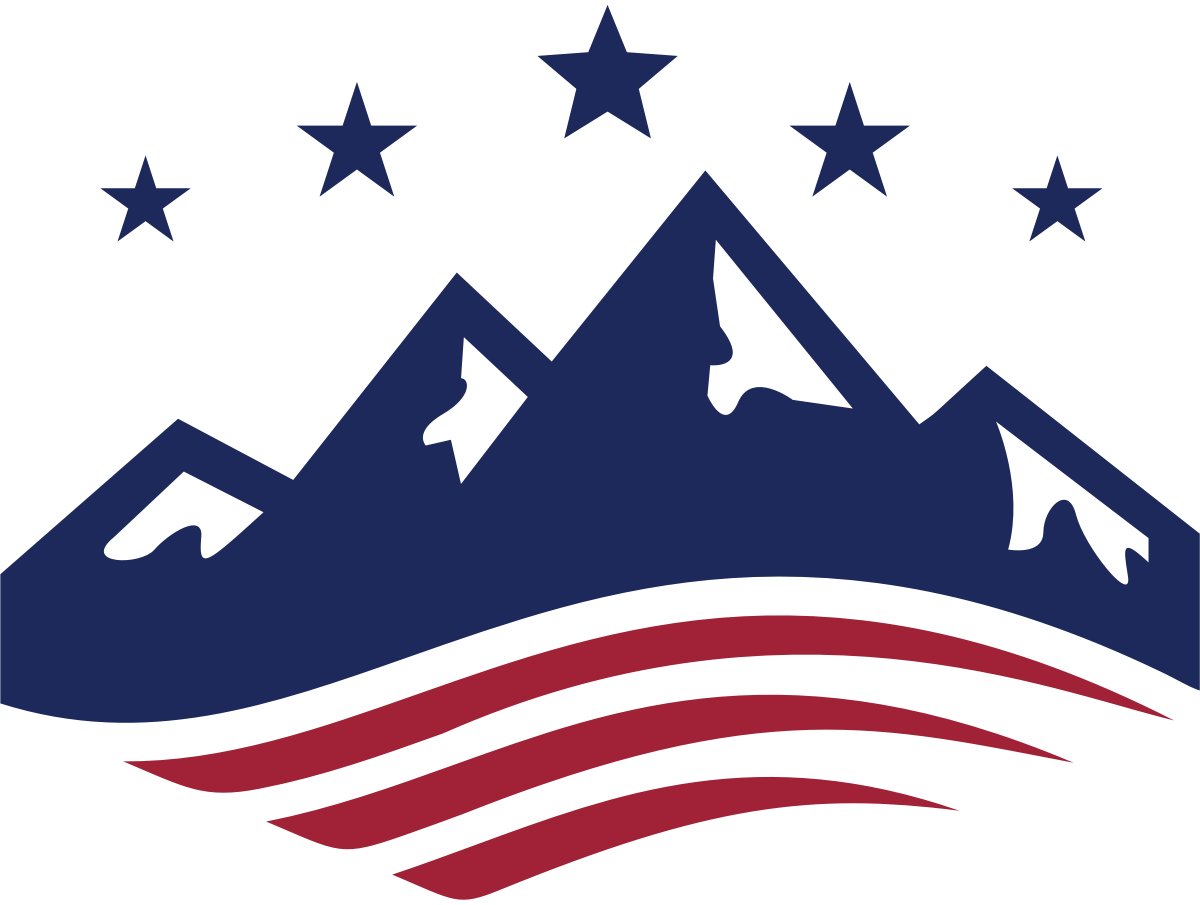
Written by William C. Duncan
March 28, 2024

One of the reasons recent decades have seen an increase in religious freedom conflicts is that governments have regulated more and more aspects of daily life. This reality has interacted with some courts’ grudging protection of religious freedom – producing a number of decisions in which governments have been allowed to narrow the space in which religious organizations and people of faith can practice their religion without interference.
A recent example arose in Wisconsin, where the state has a rule that employers must contribute to the state’s unemployment insurance program. This rule includes an exemption for “an organization operated primarily for religious purposes.” The Catholic Charities Bureau sought to take advantage of this exemption to participate in an alternative insurance program sponsored by the Catholic Bishops of Wisconsin, rather than the state program, since it believed the bishops’ program was more efficient and employees would not lose any benefits.
The state denied the request because it believed, as the Wisconsin Court of Appeals concluded, that the bureau’s activities “are the provision of charitable social services that are neither inherently or primarily religious activities.” What were the activities? Attorneys at Becket explain that “each year Catholic Charities Bureau ministers to thousands of individuals and families in need by offering in-home healthcare, housing for the elderly and disabled, childcare services, employment opportunities, and other vital resources.”
Earlier this month, the Wisconsin Supreme Court issued a 4-3 decision in this case. The decision is deeply disappointing. The majority concluded the charity was “not operated primarily for religious purposes,” largely because it does not serve only adherents and does not proselytize, and so was ineligible for the exemption.
A strong dissenting opinion concluded: “The majority’s primarily-religious-in-nature-activities test embodies an unlawful preference for some religious practices and thereby discriminates against others. The test also requires courts to answer theological questions well beyond the judiciary’s purview.”
Becket has indicated it will appeal this decision to the U.S. Supreme Court.
This case involves an area in which two constitutional guarantees overlap. On the one hand, Catholic Charities must be free to determine what its religious mission requires, as protected by the free exercise clause. On the other, allowing the state to determine what practices are sufficiently religious is the type of interference the establishment clause forbids.
The overlap in this Venn diagram is the church autonomy doctrine. This application of constitutional principles has been repeatedly recognized by the Supreme Court.
A key case involved the Serbian Eastern Orthodox Diocese for the United States and Canada, which decided to remove a bishop for disobedience. The bishop challenged the removal in Illinois state courts, which agreed with his argument. The U.S. Supreme Court reversed that decision, unanimously concluding that civil courts cannot intervene in issues of church administration and doctrine.
The most recent decision held that courts cannot second-guess decisions of Catholic schools about which teachers they must employ to educate students in the faith.
It does not seem much of a stretch to intuit that if a religious organization can determine who will represent it in promulgating its teachings, it can determine what practices are required by its doctrine.
To hold otherwise allows the state to determine what religion is. For some, religion could include only preaching to adherents, but for others, it will include acting on doctrinal teachings to provide tangible relief to people in need, regardless of their personal beliefs. Allowing the state to evaluate the validity of interpretations of religious teachings would constitute an increase of government power and limit religious organizations’ space to govern themselves.
It would also threaten the social benefits that people of faith and religious organizations provide if they are unable to serve those who are not adherents as a condition for being recognized as “religious.”
The Wisconsin Legislature could, of course, resolve this question by enacting legislation to take the government out of the religious oversight business. The U.S. Supreme Court can also take this opportunity to strengthen the protection of church autonomy. These results would not only be consistent with constitutional principles – they are mandated by them.

Insights: analysis, research, and informed commentary from Sutherland experts. For elected officials and public policy professionals.

- Courts that are unwilling to allow religious organizations space to practice their beliefs have created increasing constitutional conflicts.
- A recent Wisconsin case held that the state’s Catholic Charities Bureau is not religious enough to qualify for an exemption from an unemployment insurance mandate because it provides services to the needy without regard to religious affiliation and without proselytizing.
- Allowing the state to evaluate the validity of interpretations of religious teachings would constitute an increase of government power and limit religious organizations’ space to govern themselves.
Read More
Education policy to consider during the 2024 election season
Here’s a look at what each presidential candidate is likely to focus on in education, given their track records and campaign platforms.
Ignoring the text of the Constitution is a mistake
A written Constitution is entirely superfluous if the document is simply meant to give the people what they want.
What you need to know about election integrity
It should be easy to vote and hard to cheat. This oft-quoted phrase has been articulated as a guiding principle by many elected officials wading into voting and election policy debates in recent years. So why has this issue been so contentious, and what’s the solution?


